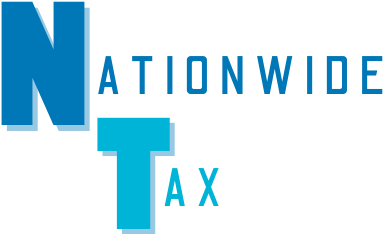Introduction
One question that many individuals ask is whether they are required to file taxes if they make less than $10,000. It’s important to understand the tax laws in the United States and determine if you meet the filing requirements. In this article, we will explore the tax implications for individuals with an income below $10,000 and provide insights into the benefits of filing taxes even if you are not required to do so.
Table of Contents
Filing Requirements
Income tax laws in the United States require individuals to file a tax return if their income exceeds a certain threshold. For most individuals, this threshold is determined by their filing status, such as single, married filing jointly, or head of household. However, even if your income is below the threshold, it may still be beneficial to file a tax return.
Threshold for Filing Taxes
The threshold for filing taxes varies based on your filing status. As of the 2021 tax year, the following income limits apply:
- Single: $12,550
- Married Filing Jointly: $25,100
- Head of Household: $18,800
If your income is less than the applicable threshold for your filing status, you are not required to file a tax return. However, there are certain circumstances where it may still be beneficial to file.
Tax Exemption
Even if your income is below the threshold, filing a tax return can make you eligible for tax exemptions and credits. These exemptions and credits can reduce your tax liability or even result in a tax refund. Here are some common exemptions and credits:
- Earned Income Tax Credit (EITC): The EITC is a refundable tax credit for low to moderate-income individuals and families. Even if you have no tax liability, you may be eligible for the EITC.
- Child Tax Credit: If you have children, you may be eligible for the Child Tax Credit, which can reduce your tax liability by up to $2,000 per child.
- Savers Credit: If you contribute to a retirement account, such as an IRA or 401(k), you may be eligible for the Savers Credit, which can reduce your tax liability.
By filing a tax return, you can claim these exemptions and credits, potentially lowering your tax burden or receiving a refund. It’s important to consult with a tax professional or use tax software to determine your eligibility for these benefits.
Benefits of Filing Taxes
Even if you are not required to file taxes, there are several benefits to doing so:
- Financial Aid Eligibility: If you or your child plans to apply for financial aid for college, filing a tax return may be necessary. Many financial aid programs require applicants to submit their tax information.
- Record Keeping: Filing a tax return helps you keep a record of your income and deductions. This can be useful for future reference or in case of an audit.
- Building Credit: If you have a limited credit history, filing a tax return can help establish your financial responsibility and improve your creditworthiness.
Additionally, filing taxes demonstrates your compliance with tax laws and can prevent any potential penalties or legal issues in the future.
FAQs
1. Do I have to file taxes if I make less than $10,000?
If your income is below the threshold for your filing status, you are not required to file taxes. However, it may still be beneficial to file a tax return to take advantage of tax exemptions and credits.
2. How can I determine my filing status?
Your filing status is determined by your marital status and household situation. The IRS provides guidelines to help you determine your filing status. You can refer to the IRS website or consult with a tax professional for assistance.
3. What happens if I don’t file taxes?
If you are not required to file taxes and choose not to do so, you may miss out on potential tax benefits and credits. Additionally, failure to file taxes when required can result in penalties and legal consequences.
Conclusion
While individuals who make less than $10,000 are not required to file taxes, there are several benefits to doing so. By filing a tax return, you may be eligible for tax exemptions and credits that can reduce your tax liability or result in a refund. Filing taxes also establishes your compliance with tax laws and can prevent potential penalties or legal issues in the future. It’s important to consult with a tax professional or use tax software to determine your eligibility for tax benefits and ensure compliance with tax laws.
